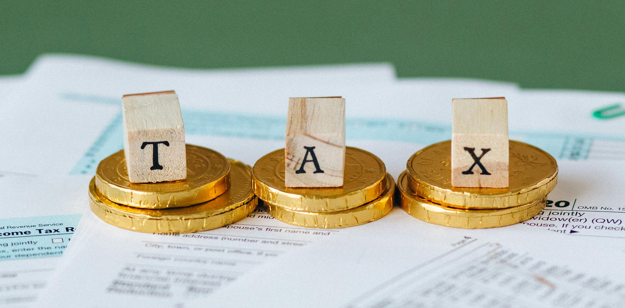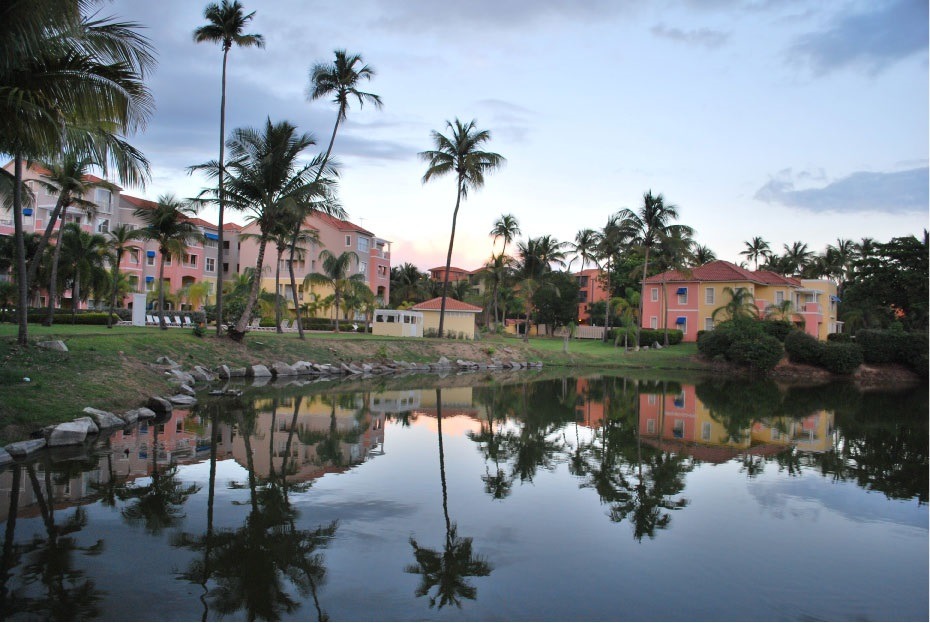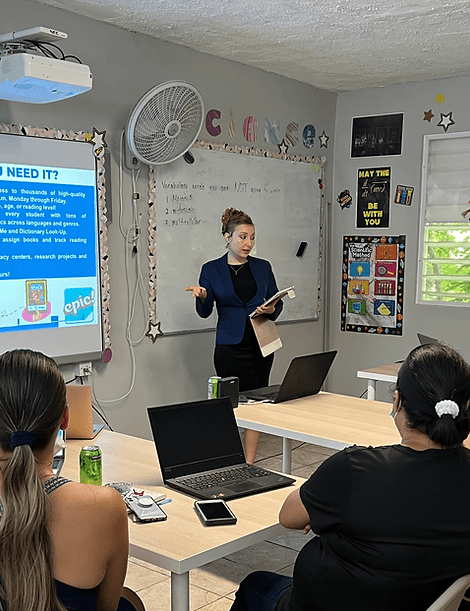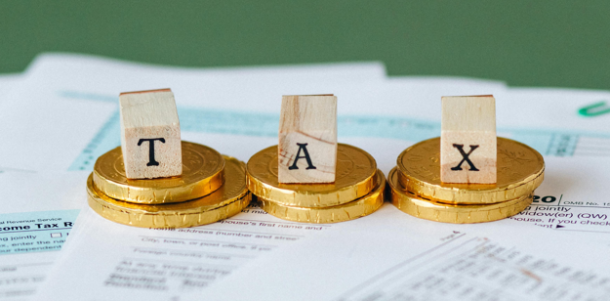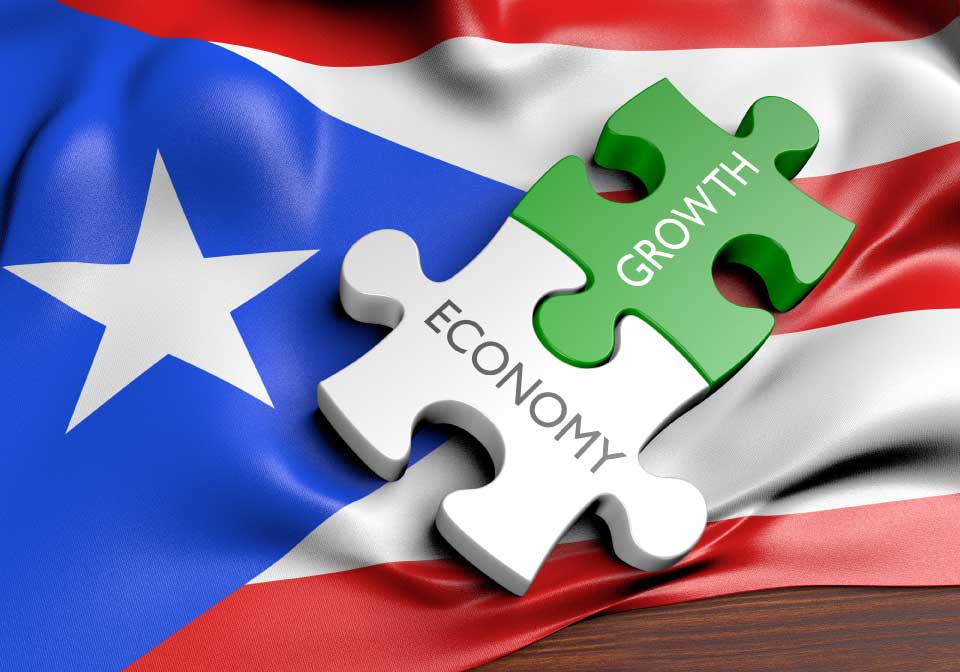
Taxes in Puerto Rico
A Complete Overview
Puerto Rico has a unique tax system that differs from both the U.S. federal tax structure and that of the individual states. Whether you’re a resident, business owner, or someone considering relocating, understanding the island’s tax obligations—including income tax, sales tax, property tax, and municipal taxes—is crucial.
In this article, we will describe Puerto Rico’s outstanding tax incentive program and also give an overview of other taxes that may apply.
1. Act 60 Tax Incentives
One of the biggest draws for individuals and businesses relocating to Puerto Rico is the tax benefits under Act 60. This law consolidates previous tax incentive programs (such as Act 20 and Act 22) and offers significant advantages to qualifying individuals and companies. Therefore, understanding these incentives may be very important for anyone considering a move to the island.
For Individual Investors (Formerly Act 22)
- 0% (4% for applications submitted after December 31, 2025) tax on capital gains from Puerto Rico-sourced income.
- 0% (4% for applications submitted after December 31, 2025) tax on dividends and interest income earned from PR.
- To qualify, individuals must become bona fide residents and spend at least 183 days per year on the island.
(Related: Puerto Rico Residency Rules)
For Businesses (Formerly Act 20 and others)
- 4% corporate tax rate on eligible business income. (2% for the first five years for small businesses)
- 100% exemption from PR dividends tax for business owners.
- 75% – 90% exemption on municipal and property taxes.
- Eligible industries include IT, consulting, financial services, and more. Thus, businesses operating in these sectors may find Puerto Rico a highly attractive location.
(Related: PR Tax Incentives Program)
2. Income Tax
Unlike the mainland U.S., Puerto Rico has its own income tax system, separate from federal taxation. Residents of Puerto Rico are generally exempt from paying U.S. federal income taxes on income earned in PR. However, they must file and pay taxes to the Puerto Rico Department of Treasury (“Hacienda”). Therefore, it is essential to understand the tax brackets and how they apply to different income levels.
Individual Income Tax Brackets (2024)
Puerto Rico has a progressive tax system with the following brackets:
| Taxable Income (USD) | Tax Rate |
| Up to $9,000 | 0% |
| $9,001 – $25,000 | 7% |
| $25,001 – $41,500 | 14% |
| $41,501 – $61,500 | 25% |
| Over $61,500 | 33% |
(Related: Individual Income Tax Brackets)
- There is also an Alternative Minimum Tax (AMT) that applies to higher earners.
- Additionally, certain deductions, credits, and exemptions are available for individuals, which can help reduce tax liability. As a result, planning ahead can make a significant difference in overall tax obligations.
Corporate Income Tax
- The standard corporate tax rate is 18.5%, plus a graduated surtax that ranges from 5% to 19% depending on net income.
| Graduated Surtax | Net Income |
| $3,750 plus 5% | Up to $75,000 |
| $11,250 plus 15% | From $75,001 to 125,000 |
| $11,250 plus 16% | From $125,001 to $175,000 |
| $19,250 plus 17% | From $175,001 to $225,000 |
| $27,750 plus 18% | From $225,001 to $275,000 |
| $36,750 plus 19% | Excess of $275,000 for a maximum nominal tax rate of nearly 37.5% |
- Furthermore, some businesses may qualify for tax incentives under Act 60, significantly reducing corporate tax rates. Consequently, companies should evaluate eligibility for these incentives to optimize their tax strategy.
(Related: Department of Treasury – Hacienda/ Puerto Rico‘s Corporate Income Tax)
3. Sales and Use Tax (IVU)
Puerto Rico has a Sales and Use Tax (“IVU – Impuesto sobre Ventas y Uso”) similar to state sales taxes in the mainland U.S. However, there are key differences that businesses and consumers should be aware of.
- General sales tax rate: 11.5%
- 10.5% goes to the central government
- 1% goes to municipalities
- Reduced Tax Rates:
- Prepared foods: 7%
- Prescription medications and certain groceries: 0% (exempt)
- Business-to-business (B2B) and professional services: 4%
Given these rates, understanding which products and services are taxed is essential for both individuals and businesses. Moreover, careful budgeting can help mitigate the impact of these taxes.
(Related: PR Tax Code – Sales and Use Tax note that this site is in Spanish but your browser should be able to translate it)
4. Property Taxes
Property taxes in Puerto Rico are relatively low compared to many U.S. states. They are assessed and collected by the Municipal Revenue Collection Center (“CRIM – Centro de Recaudación de Ingresos Municipales”). Consequently, property owners must be familiar with the applicable rates and exemptions.
- Residential Property Tax (Real Property Tax):
- The tax on real property is directly assessed by CRIM and may be paid in two installments.
- Tax rates vary between 8.03% and 11.83%, depending on the municipality.
- The tax is applied to a hypothetical fair market value (FMV) from the year 1957, which typically represents 40% to 50% of the property’s cost.
- Moreover, homeowners may qualify for homestead exemptions, reducing taxable value. Therefore, applying for exemptions can result in significant savings.
- Commercial Property Tax:
- This tax applies to properties used for commercial purposes.
- The tax rate is assessed similarly to residential properties but may be subject to different exemptions and deductions.
- Personal Property Tax:
- Businesses operating in Puerto Rico must pay an annual personal property tax ranging between 5.80% and 9.83%, depending on the municipality.
- This tax applies to all personal property used in trade or business, including cash, inventory, supplies, and depreciable assets.
- Businesses must file tax returns electronically via CRIM’s website by May 15 each year.
- A 5% discount is available if the full personal property tax payment is made by the final installment date.
- Real Estate Transfer Tax:
- Puerto Rico does not impose real estate transfer taxes when buying or selling property.
5. Municipal Taxes
In addition to state-level taxes, Puerto Rico’s municipalities impose their own taxes, which vary by location. Municipality taxes in PR are somewhat like a city tax in the mainland.
- Municipal License Tax:
- Businesses must pay a municipal gross receipts tax ranging from 0.2% to 0.5%.
- Municipal Property Tax:
- The 1% IVU collected goes directly to municipalities.
- Construction Taxes:
- Additionally, local municipalities may impose taxes on building permits and property improvements, affecting development costs.
6. Other Taxes
Puerto Rico has several additional taxes that individuals and businesses should be aware of:
- Motor Vehicle Tax:
- Import taxes and registration fees apply when purchasing or shipping a car to Puerto Rico. Therefore, it’s important to factor in these costs when budgeting for transportation.
- Excise Taxes:
- Levied on imported goods, alcohol, tobacco, and luxury items, making certain purchases more expensive.
- Estate & Gift Taxes:
- Puerto Rico imposes estate and gift taxes separate from the U.S. system. Consequently, estate planning is essential for residents and business owners alike.
7. Other Deductions from Your Paycheck
In addition to income taxes, employees in Puerto Rico may see other mandatory deductions from their paychecks. These deductions contribute to public benefit programs and employee protections.
- Social Security & Medicare (FICA):
- Employees in Puerto Rico pay the same FICA taxes as mainland U.S. workers: 6.2% for Social Security and 1.45% for Medicare.
- Temporary Disability Insurance (SINOT):
- Employees contribute a percentage of their wages to Puerto Rico’s disability benefits program.
- Workers’ Compensation:
- Although typically paid by the employer, workers’ compensation coverage is required and may be noted on payroll records.
- Retirement Contributions (if applicable):
- Employees enrolled in retirement plans or pension programs may have deductions for contributions to those accounts.
Understanding these deductions is important for accurately budgeting your take-home pay and ensuring compliance with local and federal requirements.
Final Thoughts: Navigating Puerto Rico’s Tax System
Puerto Rico’s tax system is complex but offers both challenges and opportunities for residents and businesses. Understanding income taxes, sales taxes, property taxes, municipal taxes, and special tax incentives is crucial to ensuring compliance and optimizing tax planning.
For those relocating to Puerto Rico, consulting a local tax professional can help navigate the nuances of the tax system and identify potential savings. Moreover, staying informed about tax updates is key to maintaining compliance. Contact Puerto Rico Advantage to schedule a free initial consultation!
Need assistance with tax planning in Puerto Rico? Contact Puerto Rico Advantage for expert guidance on tax laws, compliance, and incentives.

